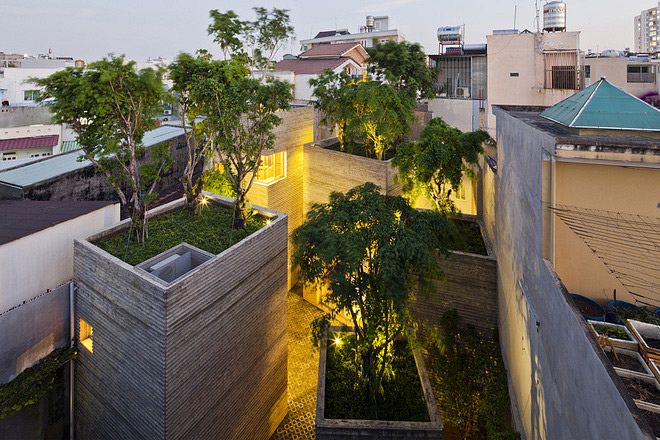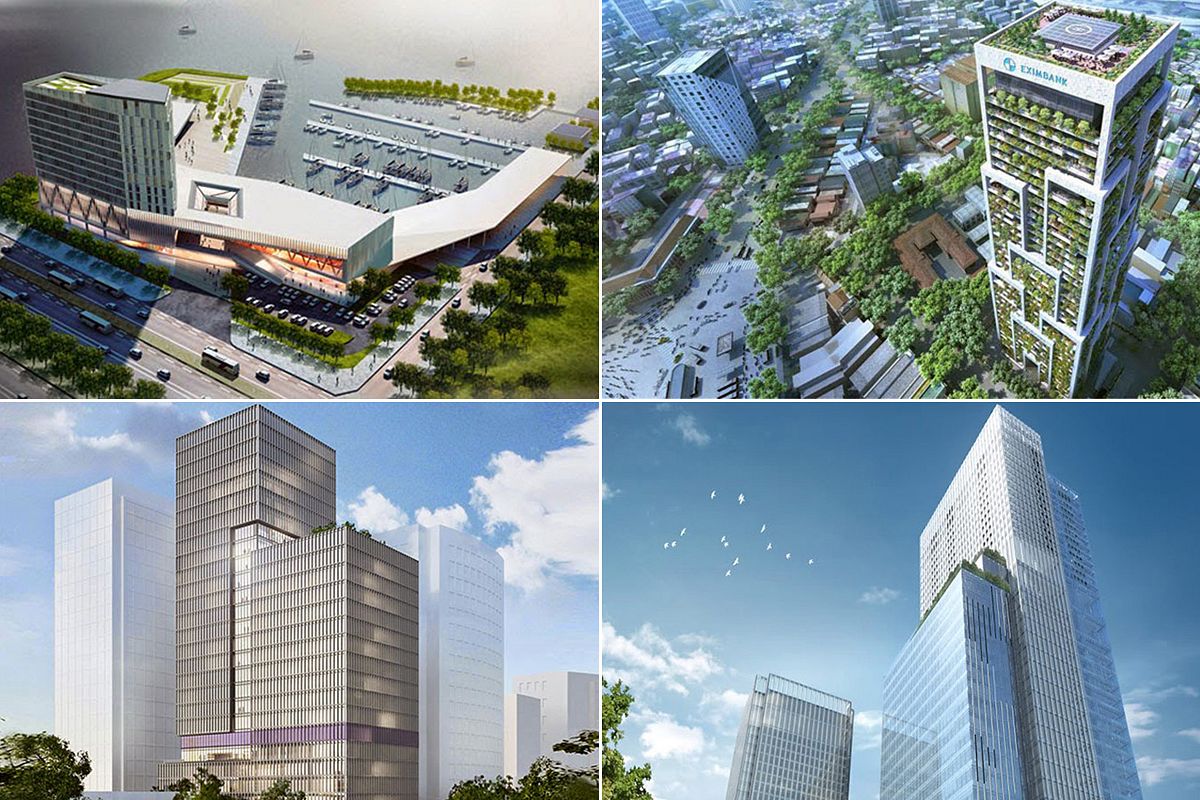The Dong Nai River is the main water source for 20 million people in Southern Vietnam. It’s no surprise then that experts have “slammed” local authorities for giving a property developer the go-ahead to fill in a large portion of it in order to build a $US102.5 million mixed-use development.
Related Articles:
- Is Vietnam Committing Tourism Suicide?
- Report: Vietnam in Top 10 for Worst Air Pollution
- Once Filled With Shrimp And Fish, HCMC Canal Now An Environmental Disaster
Toan Thinh Phat Corporation, which is in charge of the Pegasus Residence project, has been dumping tons of sand and rocks into the river day and night for months, building a landfill that stretches 100 meters into the river, according to Thanh Nien.
The development in question is set to use 77,200 square meters of the river and will include housing, offices, a hotel and a shopping mall.
As one can imagine, this is expected to have a profoundly negative impact on the vital waterway, which runs from the Central Highlands to Saigon.

“You shouldn’t mess with rivers. I can assure you that in this project the investor is the only winner, and people will die,” said Pham Sanh, a lecturer at the Ho Chi Minh City University of Transport, adding that deforestation and upstream dams have already damaged the river’s health.
Architect Ngo Viet Nam Son, who has more than 20 years experience in urban construction, echoed Sanh’s concerns, saying that the development would worsen pollution in the river.
According to one economist, the environmental degradation seems to stem from an attempt to cut costs, “dumping rocks and sand into the river would save the company a lot of money compared to buying land and paying for relocating people,” they told Thanh Nien.
Local residents also voiced concerns about increased flooding and the destruction of an islet in the area due to the altered flow of water.
The paper had set up an interview with Nguyen Thanh Lam, deputy director of the Dong Nai Department of Transport, to address these concerns but eventually backed out.
It remains to be seen if public outcry will have an impact on the project. A similar project in Da Nang was put on hold earlier this year after environmental concerns were raised.














